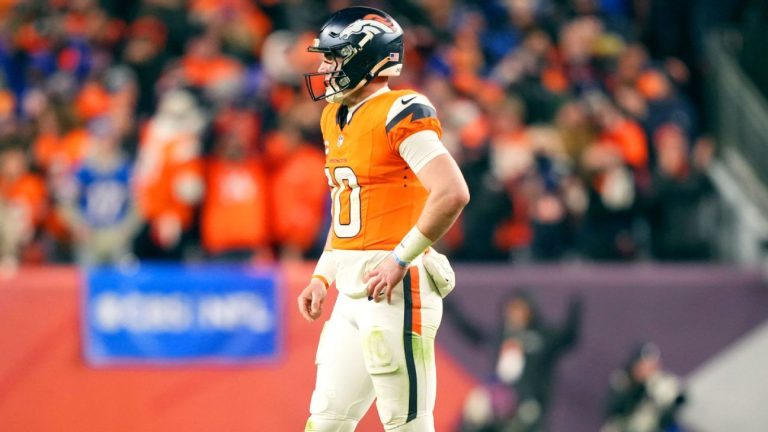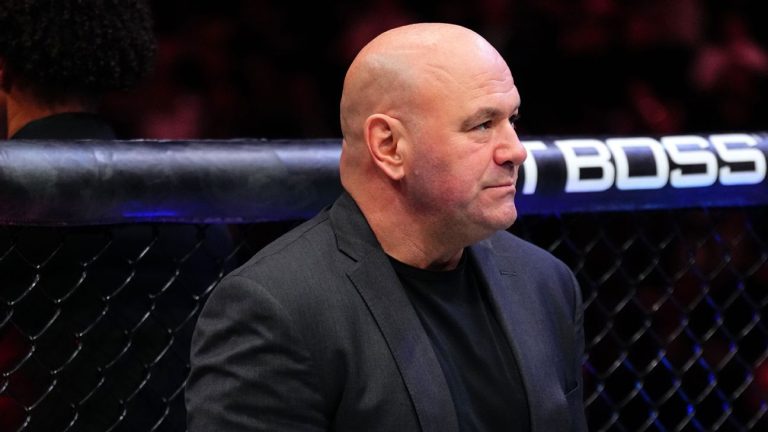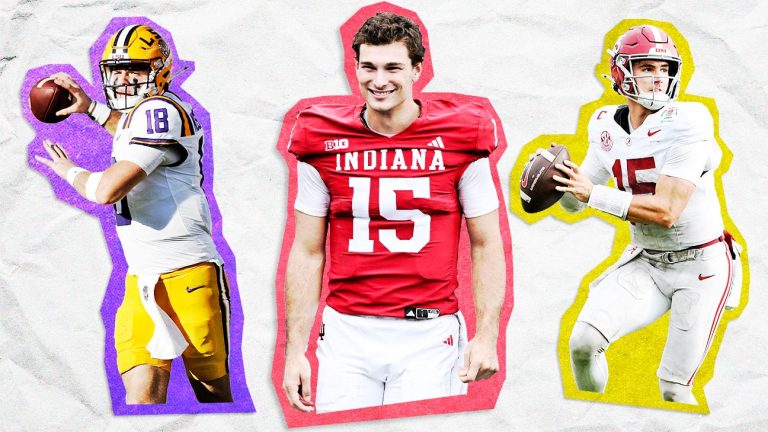In theory, sport is supposed to be neutral territory. A place where talent, effort, and fair play take center stage—no matter who you are or where you come from. But increasingly, sports have become a vehicle for something far less pure: influence.
Whether it’s oil-rich states hosting global tournaments, authoritarian regimes buying football clubs, or governments throwing lavish funding behind sports teams to shift global narratives, the rise of “sportswashing” has complicated what it means to compete—and to watch.
This isn’t just about money. It’s about perception. Sportswashing is the strategic use of sport to clean up a reputation, deflect criticism, and assert soft power on a global stage. And in the last decade, it’s gone from an occasional controversy to a defining issue in the modern sports landscape.
What Is Sportswashing?
The term itself is blunt. A cousin of “greenwashing,” sportswashing describes when a state, corporation, or powerful individual uses sport to polish their image—particularly in the face of political or human rights criticism.
It can take many forms:
- Hosting mega-events like the Olympics or World Cup.
- Purchasing or funding globally recognized teams and athletes.
- Flooding leagues with cash to boost domestic leagues or sports infrastructure.
- Launching large-scale branding campaigns featuring local or international stars.
None of these actions are inherently sinister. But when they’re used to distract from deeper issues—such as oppression, censorship, or corruption—the sport becomes more than just a game. It becomes a shield.
High-Profile Examples
You don’t have to look far to see it in action.
Saudi Arabia has been one of the most visible players in recent years. Through its Public Investment Fund (PIF), the kingdom has purchased stakes in major sports like football (Newcastle United), golf (LIV Golf), and esports. It’s hosted high-profile boxing matches, Formula 1 races, and even bid to host the 2034 FIFA World Cup.
The goal? Some argue it’s about diversifying the economy. Others say it’s about rewriting global narratives away from issues like the murder of journalist Jamal Khashoggi, repression of dissent, and limited civil liberties.
China, meanwhile, spent years cultivating its image through sport—investing billions in the Chinese Super League, hosting the 2008 and 2022 Olympics, and positioning itself as a global sports hub. But questions about freedom of speech, surveillance, and treatment of minority groups have lingered throughout.
Qatar’s hosting of the 2022 FIFA World Cup also brought scrutiny. The small Gulf nation built stadiums at massive human cost, with reports of migrant labor abuse and worker deaths. Yet the event was packaged as a celebration of culture and progress.
These aren’t isolated incidents. They’re part of a larger trend in which sports serve not just as entertainment, but as diplomatic tools.

The Seductive Power of Sport
What makes sport such a powerful platform for reputation-building?
First, it’s emotional. People don’t just watch sports—they live them. They form deep attachments to teams, players, and moments. That emotional connection makes it easier to overlook uncomfortable truths when wrapped in the glow of a thrilling victory or a dramatic upset.
Second, it’s visible. A World Cup final or Grand Prix is watched by hundreds of millions. A club like Manchester United has fans on every continent. Few platforms offer that kind of reach, especially to countries looking to position themselves as global players.
Third, it works. For many fans, the question of who owns a team or what agenda is behind a sponsorship fades once the whistle blows. Winning has a way of quieting the conversation.
Who’s Complicit?
Sportswashing doesn’t happen in a vacuum. It requires cooperation—from leagues, governing bodies, athletes, sponsors, and fans.
When a controversial state hosts a major event, FIFA or the IOC often defends the decision as a chance to “build bridges” or promote global unity. Broadcasters sign massive deals, sponsors buy ad space, and athletes are encouraged to “stick to sports.”
Meanwhile, clubs bought by foreign interests are rarely transparent about how much say their owners have in branding, operations, or media access. Press conferences get sanitized. Journalists are denied entry. And critics are labeled as negative or unpatriotic.
In many cases, even the fans become part of the machinery—knowingly or not—by supporting teams whose success is built on murky ground.
Can Sportswashing Be Resisted?
Not all reactions have been passive. Athletes, fans, and watchdog groups have started to push back.
German football fans have protested ownership structures. Formula 1 drivers like Lewis Hamilton have spoken out on issues of race, LGBTQ+ rights, and equality—sometimes in countries where doing so carries real risk. Activists have called on sponsors and brands to pull out of events or to publicly acknowledge the human rights records of host nations.
In 2021, several European football clubs backed out of proposed sponsorships tied to questionable regimes. And while boycotts are rare, the discourse around these issues has grown louder.
Still, the power imbalance remains stark. When a nation is pouring billions into sports infrastructure, few organizations are willing to walk away. The tension between profit and principle continues to define the debate.
A Moral Question Without a Simple Answer
Should we separate sports from politics? That’s the question at the center of this debate. Some argue that athletes shouldn’t be held accountable for where their events take place or who signs their paychecks. Others believe that by participating in a carefully curated spectacle, they lend credibility to the message behind it.
There’s no clean answer. But the uncomfortable reality is that sports, by their nature, are never just about the score.
Every decision—who hosts, who plays, who funds—carries weight. Every televised match, branded jersey, and post-game interview becomes part of a broader story. And for those using sport as a PR tool, that’s exactly the point.
So, What Happens Now?
The age of sportswashing isn’t ending anytime soon. In fact, it’s likely just getting started.
More countries will vie for high-profile events. More teams will be courted by wealthy ownership groups with strategic interests. And more fans will have to reckon with the ethics of the games they love.
The question isn’t whether politics belong in sports. They already are. The question is: what do we do with that knowledge?
Do we demand more transparency from governing bodies? Do we expect athletes to speak out? Do we hold sponsors accountable—or just enjoy the spectacle and tune out the noise?
Sports have always reflected society. And right now, they reflect a world where money and power are often used to reshape image, not necessarily values.
Whether fans, athletes, and organizations choose to challenge that—or simply play along—will shape the next era of global competition.
And maybe, the real game isn’t on the field at all.






